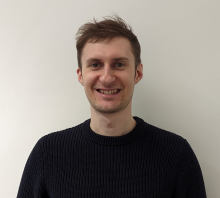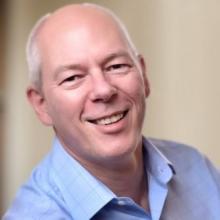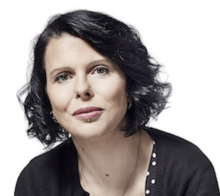Abstract
Goldman Sachs’s proprietary language, Slang, is a core technology responsible for booking trades, quoting prices and analysing risk, among many other use cases.
Therefore, Slang requires a lot of computing power to support GS’s Global Markets Business.
The current implementation of Slang is significantly less efficient than it could be compared to other peer languages such as Python or Ruby.
SlangVM is a modern bytecode runtime that is significantly faster than existing runtime, reducing the amount of computing used and resulting in lower energy consumption.
This talk will explore how Bytecode VM runs inherently faster on modern CPUs, with specific optimisation techniques such as constant pools that allow the new VM to be more energy efficient, therefore, carbon efficient.
Interview:
What's the focus of your work these days?
I'm working in a SECDB architecture team that looks after our internal proprietary language Slang. I'm currently working on the product we'll be presenting at the conference. It's called SlangVM, and is a virtual machine that basically runs our language.
Previously, the language has been implemented as a tree walker interpreter, and now we are basically migrating to an internally implemented virtual machine.
What's the motivation for your talk at QCon London 2023?
Our company is part of the Green Software Foundation, and we are very enthusiastic about bringing more focus to sustainability in software engineering. We thought of this as an opportunity to present a different side of the work we are doing from the perspective of sustainability and green software. We’d like to show how the work we are doing also has a positive impact on the environment, and how we can reduce our carbon footprint through the work we're doing.
How would you describe your main persona and target audience for this session?
Since we will be talking about our internal language, I would say we would like to invite language enthusiasts, and engineers who are experts in the programming language design space - they would definitely be interested in this talk.
We will be talking about how we are redesigning our language, but it’s also for people who are interested and enthusiastic about green software and sustainability. This will give them a different perspective of how they can look at any improvements, any sort of changes they are doing during their daily job. How can they reflect and ask themselves: Am I having a positive impact on sustainability? Am I having a negative or positive carbon footprint? Are my changes efficient enough? Am I wasting compute cycles, and contributing to the growing problem that we have right now with greenhouse gases?
Is there anything specific that you'd like people to walk away with after watching your session?
Absolutely. This topic is of great interest to IT professionals who are interested in language design, whether they work on internal offerings within their companies or open-source languages, it's important to consider how our programming languages or domain-specific languages affect the environment, especially since there's a significant amount of energy required to run software in public or private data centers.
As software engineers, we have a responsibility to ensure that the software we write is sustainable. Therefore, at the end of this talk, I encourage you to think about this different aspect of software engineering and be more conscious of the impact our code has on the environment.
Speaker

Michal Dorko
Software Engineer @GoldmanSachs
Michal is a software engineer at Goldman Sachs working on the in-house proprietary programming language and runtime.
His focus is on improving the maintainability and performance of the language.
Michal is very passionate about driving innovation in software engineering with sustainability playing an important role.






